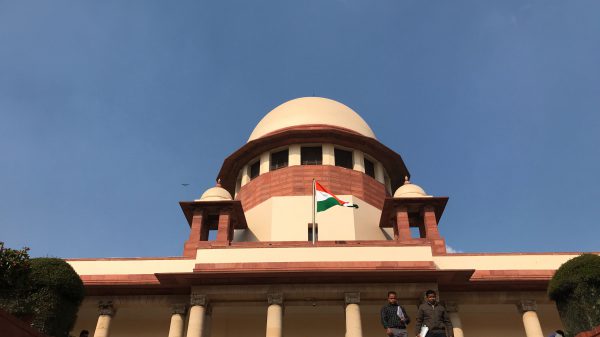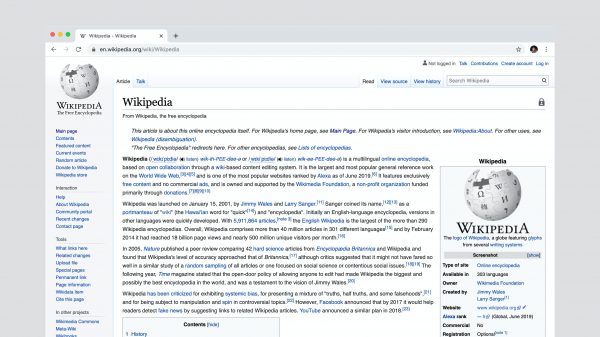The Reserve Bank of India (RBI) has appointed an external advisory committee which will evaluate applications for universal bank and small finance bank (SFB) licenses, it said in a release. The committee will function for a three year period, the RBI said.
The expert committee will review the eligibility of licensed entities, like non-banking financial companies (NBFCs) and payment banks (PBs), who wish to convert to the universal bank or small finance bank, as the case may be. While there may be many corporate houses looking to enter the banking and financial services space, with a universal license, several of India’s PBs may choose to convert into a SFBs and begin lending on their own balance sheets.
“It may be recalled that Guidelines for ‘on tap’ Licensing of Universal Banks in the Private Sector dated August 1, 2016 and Guidelines for ‘on tap’ Licensing of Small Finance Banks in the Private Sector dated December 5, 2019, indicated that the applications for Universal Banks and Small Finance Banks will be initially screened by the Reserve Bank to ensure prima facie eligibility of the applicants. It was also stated that a Standing External Advisory Committee (SEAC) comprising eminent persons with experience in banking, financial sector and other relevant areas, will evaluate the applications thereafter and that the constitution of the SEAC will be announced by Reserve Bank”— RBI Press Release March 22, 2021
Potential Candidates
In November 2020, a RBI internal working group recommended that PBs be allowed to convert to SFBs after a period of three years of operations. This was a relaxation of norms set by the RBI in its on-tap licensing framework for SFBs, which stated that PBs could convert after completing five years of operations. The same working group also suggested that the RBI allow corporate entities to enter the universal banking space. However, the Central Board of the RBI is yet to formally accept these recommendations.
Universal Bank licenses
For corporate groups the incentives of starting a bank is pretty clear. You can enter one of India’s strongest and best performing industries. By adding technology to the mix, there is a massive opportunity for non-financial corporate groups to grow their empire given that India is notoriously under-banked and under-served when it comes to credit and other financial services.
On the other hand for NBFCs, the incentive to convert to a universal bank is the ability to access deposits. At present, only deposit-taking NBFCs can offer customers certain types of deposits (usually term deposits) while the majority of NBFCs can only lend and invest their funds. Since the raw resource for financial companies is finance itself, by accessing deposits the cost of the NBFCs entire operations falls significantly.
The NBFC is predicated upon companies leveraging their equity capital to borrow debt from the bond markets, which are then lend out at a margin. Unless you are one of the top NBFCs, rated by a credit rating agency at ‘AAA’, your cost of capital through the debt markets are generally elevated. The NBFC can alternatively raise funds from a bank, to lend out again to customers at a margin. But if the NBFC’s credit risk is high, bank funding is also expensive.
For example let’s say, banks offer NBFC X a 3-year loan at an interest rate 13% and the bond markets offer the same entity a 3-year paper at 12%, NBFC X can only offer loans at above 12% because this is their basic cost. Financial entities then add, the unit cost of their operations and some risk premia based on the borrowers’ credit quality, so NBFC X may only be able to offer loans at 16+%.
On the other hand, if banks offer NBFC Y the same loan at 9% because their credit quality is better, and bond markets price a paper of similar tenure at 10%, NBFC Y can offer borrowers a loan at a base rate of 12-13% for instance.
If both NBFCs convert to universal banks and start attracting deposits, at let’s say an interest rate of 5-6%, the overall cost of capital gradually would come down for the entity as it grows the deposit base. Therefore, with the overall (blended) cost of capital reducing so will the base lending rate that the bank offers. This in banking parlance is called the Marginal Cost of Lending Rate.
Another major benefit of becoming a universal bank for NBFCs is access to the RBI’s liquidity window, where funds can be accessed overnight or for a specific term, at the policy repo rate which stands at 4% at present.
Small Finance Bank licenses
Since payments banks are restricted from lending and can only provide deposit services, restricted up to ₹1 lakh per customer, they rely on investing the funds in government debt securities or certificate of deposits and cross-selling other financial services like payments, insurance and investments for revenue. Some of the leading PBs like Airtel PB, Paytm PB, Jio PB, Fino PB, NSDL PB and India Post PB can convert to an SFB over the course of the next three years and begin lending on their own-balance sheet, thereby, generating interest income.
Despite several years of operations and a multiple partnerships between financial services companies, like insurers, credit card companies and mutual fund houses, PBs were loss making entities due to the high cost of operations, the RBI said in its Report on Trend and Progress of Banking in India 2018-19. PBs made a net-loss of ₹626.8 crore in FY2019 compared to a net-loss of ₹515.6 crore in FY2018. The seven operational PBs, at the time, had garnered around ₹883 crore in deposits in FY2019 compared to ₹438 crore in the previous year.
There are also micro-finance companies, local area banks and co-operative banks that may look to convert to a SFB.
External Advisory Committee members
- Shyamala Gopinath, former Deputy Governor, RBI (Chair of the committee)
- Revathy Iyer, Director, Central Board, RBI
- B. Mahapatra, former Executive Director, RBI and currently Chairman, National Payments Corporation of India
- T.N. Manoharan, former Chairman, Canara Bank
- Hemant G. Contractor, former managing director, State Bank of India and former Chairman, Pension Fund Regulatory and Development Authority
Also Read
- RBI seeks industry inputs on regulating digital lending apps: Report
- RBI Will Issue Guidelines and Policy Paper on Digital Currency Soon
- Fino Payments Bank Upgraded To Scheduled Commercial Bank Status















